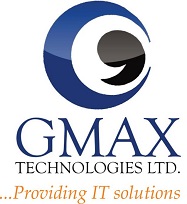Data is a core asset for modern businesses. However, without data management best practices, it can be very easy to lose control over this valuable resource. Data management is crucial to all companies. It is essential to prevent data breaches, to ensure compliance and ensure consistency, accuracy and security.
Data management covers a wide array of tasks, ranging from the organization of your data storage as well as management of the way it’s formatted and used. It also entails creating backups and disaster recovery systems and also the implementation of metadata management processes that standardize and manage the definitions of data across your organization.
Data management is essentially about making use of your data to meet business goals, enhance marketing campaigns, optimize future operations and reduce costs. It is the process of transforming unstructured, unstructured data into useful data for your business https://boardwhere.com/why-every-modern-business-needs-a-secure-data-room/ analytics and intelligence applications.
The primary benefit of data management is increased confidence in your company’s data, which helps to avoid errors and redundancies that can affect the performance of your business and could result in costly fines and damage your reputation. It also assists in ensuring that you adhere to various regulations, such as GDPR, HIPAA and protecting sensitive information from cyber-attacks.
Another crucial aspect of data management is establishing clear communication channels, whether live or virtual between teams and departments to ensure that everyone is on the same on the same page. This includes allowing users access to data analysis software that is simple to comprehend and use regardless of their technical ability.

















